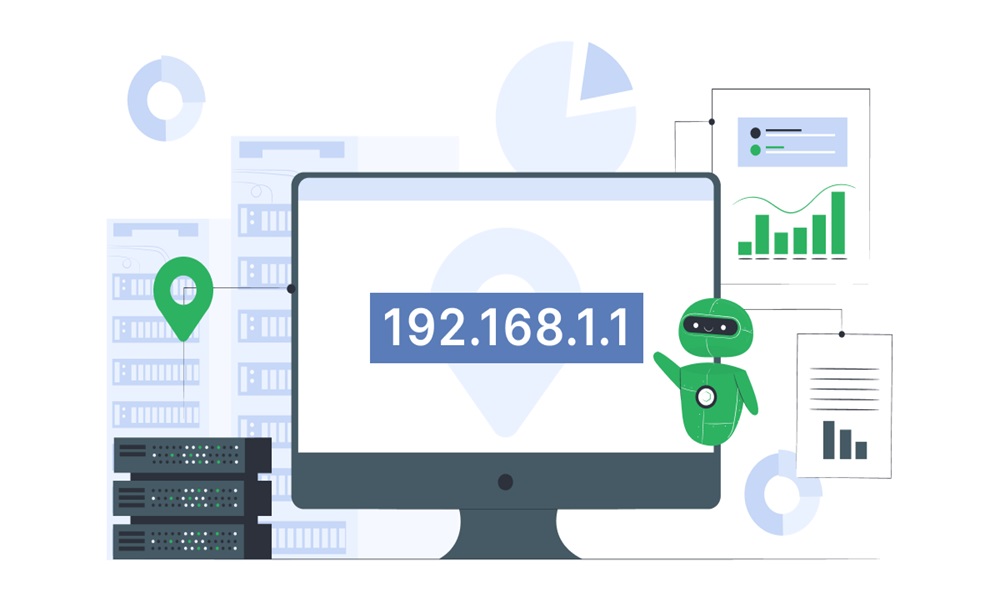These tools impacted the Internet Control Message Protocol (ICMP), a fundamental part of Internet communication. IP booters operate by exploiting the inherent vulnerabilities in the way the Internet functions. When a user initiates a DDoS attack using an IP booter, the service floods the target’s IP address with an excessive amount of traffic. This flood of traffic overwhelms the target’s network infrastructure, causing it to become unresponsive or slow to a crawl. The key technique employed by IP booters is reflection amplification. In reflection amplification attacks, the attacker sends a request to a vulnerable server with a falsified source IP address – that of the victim. The server then responds to the victim’s IP address, magnifying the volume of data directed towards the target. This technique allows attackers to maximize the impact of their DDoS attacks with minimal effort.
IP booters and internet control message protocol (ICMP)
ICMP plays a crucial role in facilitating communication between devices on the internet. It is a network layer protocol that enables devices to exchange control messages, providing essential information about network conditions and troubleshooting. ICMP is commonly used for tasks like ping testing to check the reachability of a host. However, the increased prevalence of IP booter attacks has prompted a closer examination of their impact on ICMP. DDoS attacks orchestrated by IP booters overwhelm network resources, leading to a degradation of ICMP services. As ICMP relies on available network resources to function effectively, the disruption caused by DDoS attacks hinders its ability to provide accurate and timely information about network conditions click for more info https://tresser.io/.
Reflection attacks and ICMP
Reflection attacks, a favoured technique of IP booters, often involve the exploitation of various protocols, including the ICMP. In a reflection attack, the attacker leverages a third-party server to amplify and reflect the attack traffic towards the victim. This technique not only increases the volume of the attack but also makes it harder to trace the origin back to the malicious actor. In the context of ICMP, reflection attacks are particularly problematic. ICMP packets are lightweight and designed for efficiency, making them an attractive target for amplification. Attackers use reflection techniques to amplify ICMP traffic, exacerbating the impact of the attack on the target’s network infrastructure.
Impact on network latency and responsiveness
As IP booters continue to evolve and become more sophisticated, their impact on ICMP becomes more pronounced. The sheer volume of traffic generated during a DDoS attack leads to increased network latency and reduced responsiveness. ICMP packets, which are typically low-priority, may experience delays or packet loss, affecting the accuracy of network diagnostics and troubleshooting. For organizations relying on ICMP for network monitoring and analysis, the disruptions caused by IP booter attacks have severe consequences. Increased latency and reduced responsiveness hinder the ability to detect and address network issues promptly, potentially leading to prolonged downtime and service interruptions.



